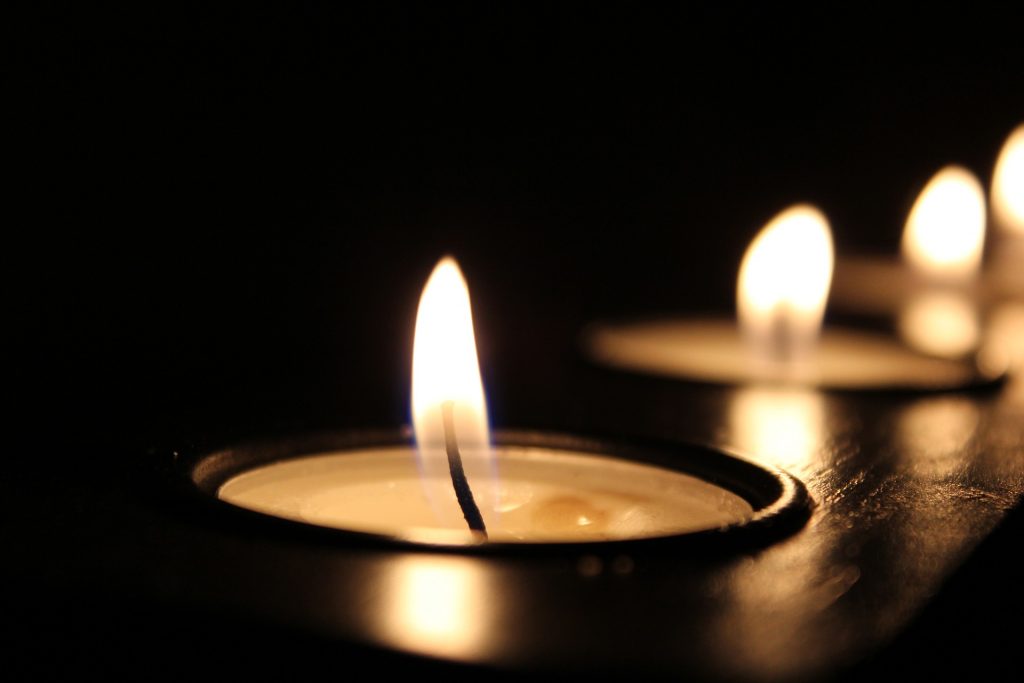Air pollution is already a significant problem in many parts of the world, but what about the U.S.? Recently, scientists set out to determine just how much air pollution we’re exposed to in the U.S., as well as how it’s impacting our health. (Di et al., 2017)
The researchers used 12 years of data, health records from about 61 million Medicare beneficiaries, and a databank of pollution readings to draw their conclusions. Their goal was to link air quality levels to death rates.
 They found that for every increase in 10 micrograms of small-particulate pollution (also known as PM2.5), the death rate rose 7.3 percent. This is equal to 120,000 deaths among people aged 65 and older, according to lead study author Qian Di.
They found that for every increase in 10 micrograms of small-particulate pollution (also known as PM2.5), the death rate rose 7.3 percent. This is equal to 120,000 deaths among people aged 65 and older, according to lead study author Qian Di.
In addition, the mortality rate rose 1.1 percent for every 10 part-per-billion increase in ozone concentration.
“In the entire Medicare population, there was significant evidence of adverse effects related to exposure to PM2.5 and ozone at concentrations below current national standards,” the authors concluded in their study. “This effect was most pronounced among self-identified racial minorities and people with low-income.”
Dr. Brian W. Christman, who was not involved in the research, chimed in on the conclusions in an interview to Reuters, saying there is no “safe” level of pollution. (Emery, 2017)
“The Clean Air Act and the Environmental Protection Agency have done great work, but the data indicates that additional effort to reduce PM2.5 and ozone would save lives,” he told the news source.
Air Pollution in Your Home
Although there is little we can do about air pollution regulations or the amount of it outside, there are a few steps we can take to minimize it in our own homes.(“17 Simple Ways to Prevent Air Pollution in Your Home,” 2015)
One way to reduce air pollution indoors is to avoid using chemical cleaners, which can emit harsh toxins that irritate the lungs, nose, and mouth. All-natural cleaners can cause less irritation.
Other known causes of air pollution indoors include candles, craft supplies (paint, glue), poorly ventilated gas stoves, and wood-burning fireplaces and stoves. Of course, it may be difficult to avoid some of these items altogether, but minimizing your use of them can keep your lungs healthy.
You may want to consider investing a high-efficiency particulate arresting (HEPA) air filter to clear your environment if you suffer from conditions, such as asthma, which may worsen the side effects of air pollution.
